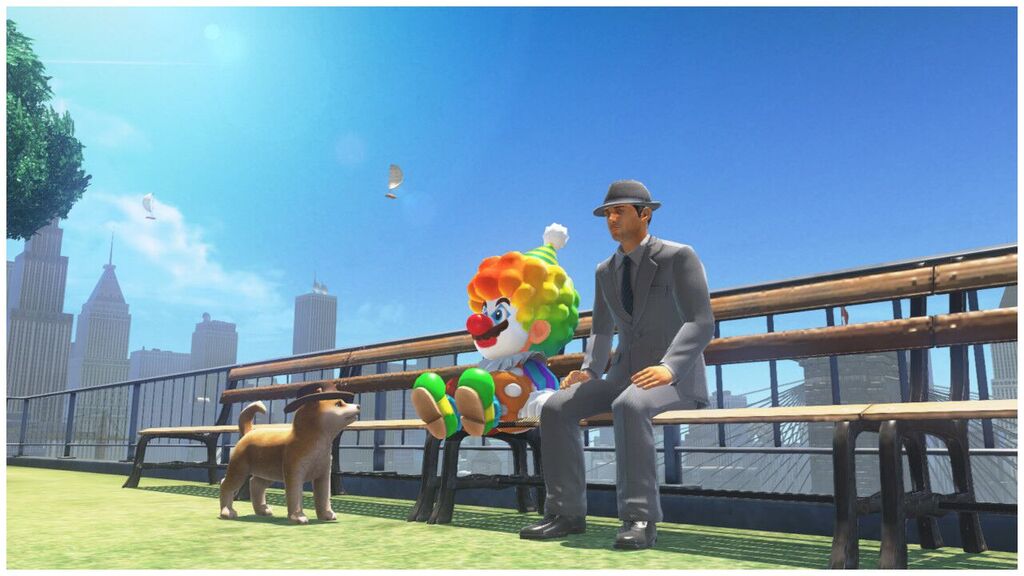
James Dean’s legend lives on 65 years after his death
By Brandon Yip, Senior Columnist
James Dean made only three films before dying on a highway near Cholame, California on September 30, 1955. He was 24 years old. He was driving his brand-new Porsche 550 Spyder and was en route to compete in a car race in Salinas, California when the fatal crash occurred. It was the death of a rising star, and the birth of a legend.
Dean symbolized teenage angst, restlessness, and rebellious youth. Teenagers in the 1950s found in Dean a figure they could relate with. In death, Dean received more publicity, adulation, and fanfare than he had ever gotten when he was alive. He would receive posthumous Academy Award nominations for best actor in East of Eden and Giant. Here is a look back at Dean’s three notable Hollywood films.
East of Eden (1955)
This was Dean’s first Hollywood film, which opened in theatres in March 1955. The story is based on the John Steinbeck novel of the same name and directed by Elia Kazan. In the film, Dean plays Caleb (Cal) Trask, an emotionally tormented youth trying desperately to please and win the approval of his strict and unaffectionate father, Adam (Raymond Massey). Adam favours Cal’s brother, Aron (Richard Davalos), whom he considers the “good son” of the family—while dismissing Cal as the “bad son.” The film shows Dean’s raw and powerful emotional intensity. This is evidenced by the way Dean glares at Massey with jealous scorn and contempt as Adam gives constant praise towards Aron. Additionally, see the anger on Dean’s face before he yells and punches Aron during an argument. East of Eden was the only film Dean lived to see.
Rebel Without a Cause (1955)
Dean’s second film and arguably his most famous film was directed by Nicholas Ray and was released in October 1955. The film solidified Dean’s status as a rebel cult hero with teenagers. Dean plays Jim Stark, a troubled youth whose family moves into a new neighbourhood. He attends a new high school and befriends a kid named Plato (Sal Mineo). Stark eventually gets into a confrontation with a local gang at school and ultimately leads to the famous knife fight scene between Stark and gang leader Buzz (Corey Allen). Stark wins the knife battle and is later challenged by Buzz to a “chickie run,” a car race involving driving towards the edge of a cliff—with the first person jumping out of the vehicle being a “chicken.” Notably, the film reveals Dean’s raw and powerful intensity, especially during one scene when he punches a desk repeatedly inside the office of a juvenile police officer and later bursts into tears. Or watching Dean yelling angrily, “Stand up!” at his emotionally fragile father (Jim Backus), dragging him with both hands down the stairs, then shoving him into a chair while strangling him. Calm down bro!
Giant (1956)
Dean’s final film was released posthumously in November 1956. This western drama was directed by George Stevens (who won an Oscar for Best Director), and starred Rock Hudson and Elizabeth Taylor in the lead roles. Dean had a supporting role playing the character of Jett Rink. The movie is based on the novel, Giant, written by Edna Ferber; and focuses on a generation of ranchers in Texas. The film was noted for being very progressive for its time, as it covered issues such as poverty, sexism, racial intolerance, and greed. Hudson played Bick Benedict whose character marries Leslie (Elizabeth Taylor). Jett works for Bick and the two men dislike each other intensely. This animosity would be further accelerated when Rink becomes rich after striking oil on land he inherits after the death of Bick’s sister Luz (Mercedes McCambridge). Make sure you make lots of popcorn because the film is 197 minutes in length. Although Dean’s screen time is minimal, he steals every scene he is in—revealing his promise and potential as an actor. Significantly, one scene that stands out is when Dean taunts Rock Hudson with derision after he strikes oil and becomes filthy rich: “Me, I’m gonna have more money than you ever thought you could have! You and all the rest of you stinkin’ sons of Benedicts!” I think he made his point.


